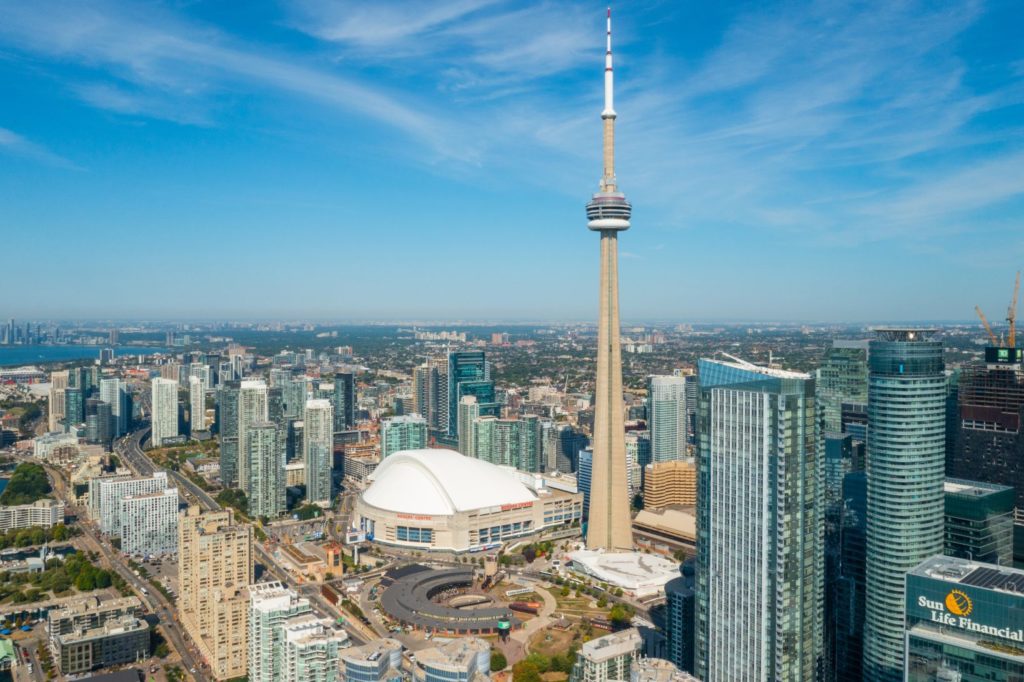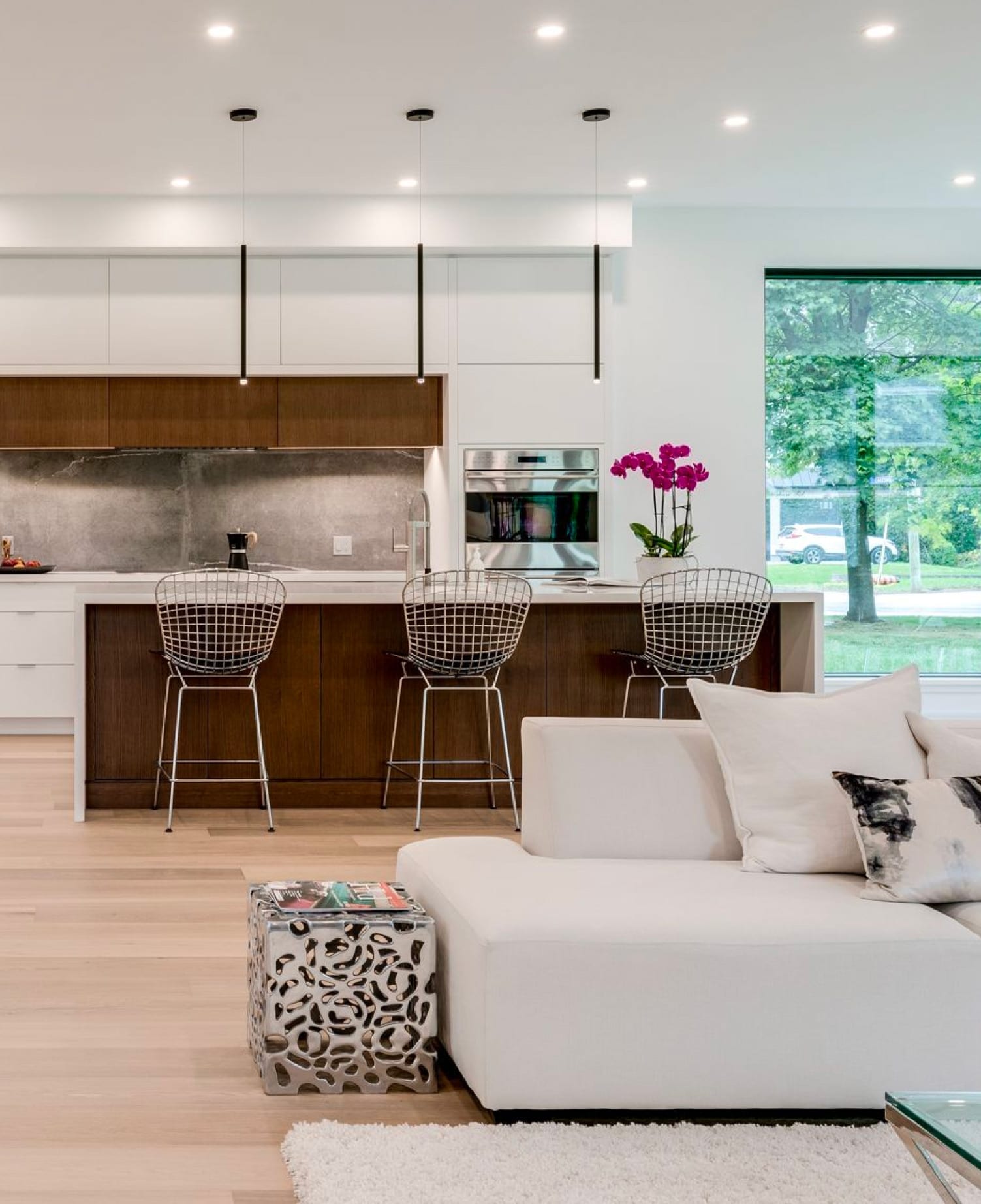Are you planning on buying an income property? If so, congratulations are in order! Having sizeable savings—and the wisdom to invest at least part of them in local real estate—is a major achievement. It can mean a steady second source of income (not to mention the opportunity to cash in big when you sell down the line). If you’re about to start your search, knowing what to keep an eye out for is the first step!
If you’re ready to buy an income property, here are just a few things to look for…
A Great Location
The community—and even the nearest intersection—you choose for your income property will determine the type of tenant you attract.
If it’s a well-established neighbourhood with quiet streets and mature trees, it will likely appeal to families. If it’s an up-and-coming area (signs include proximity to in-demand locales and a growing number of independent shops and eateries), you can expect young professionals to come calling.
No matter which route you go, make sure the area you choose is a desirable one that will enable you to ask for an adequate amount in rent. The easiest way to determine if this is the case is by talking to local landlords.
You can access our extensive neighbourhood guides for Toronto and the West GTA here.
Numbers That Make Sense
When you’re buying an income property, there’s math involved. It’s not a perfect science, but having a strong sense of local demand, average rents, and the cost of maintaining the space in question can help you make a more informed decision.
First off, you’ll probably be looking for a cash-flow positive property (one that brings more money in each month than you’ll need to spend on its mortgage and upkeep). A property with negative cash flow can be a good investment, but it’s important to know the strategy involved if you go this route.
Another helpful formula is for the capitalization rate, which can help you estimate your return. It’s typically determined by taking your expected net operating income and dividing it by your property asset value. A qualified financial advisor can help you get a better handle on these metrics and how they work.
The Right Amenities
It’s not just the reputation and general character of a community that matters. Potential tenants are looking for an area that will suit their lifestyle, and that means having the right amenities nearby.
Whether it’s top-notch schools, parks, and grocery stores or buzz-worthy restaurants and nightlife, local amenities should match a specific demographic—and be highlighted in your marketing.
While neighbourhood and general proximity are important, your precise location can be, too. For example, many tenants will be willing to pay a little more each month to have a GO Station right outside their door.
Useful Features in an Income Property
While location counts for a lot, what’s inside matters too! From the layout of a living space to its number of bed and bathrooms to the size of its refrigerator, features can impact the rent you can reasonably charge.
Once again, it comes down to your most likely tenant. Do they have a car? If so, buying a place with a parking spot could be to your advantage. Will they require extra storage? Young families often do, which is worth considering if they’re your target demographic. It’s all about putting yourself in the shoes of renters. A skilled real estate professional—one who has a strong track record when it comes to working with investors—can help.
Future Development
When you’re assessing an area’s potential, think of the future as well as the present. Will there be a lot of upcoming development in the neighbourhood? If so, it could impact property values.
On the one hand, local development can be a sign that an area is on the rise. If sleek new condo buildings or trendy boutiques and small art galleries are in the works, you could be looking at an up-and-coming neighbourhood. That said, new buildings aren’t always good news. A tall condo tower next door to where you’re buying may block your tenant’s view—which could make your property less desirable. You can check with the city to find existing plans that are zoned for the area where you’re looking. (Information on Toronto available here)
Buying and operating an income property can be both profitable and rewarding—and finding an agent with the right expertise is the first step. Are you ready to find the right place for your investment?
Looking for an income property with potential? Get in touch to learn how I can help you find your ideal space!







